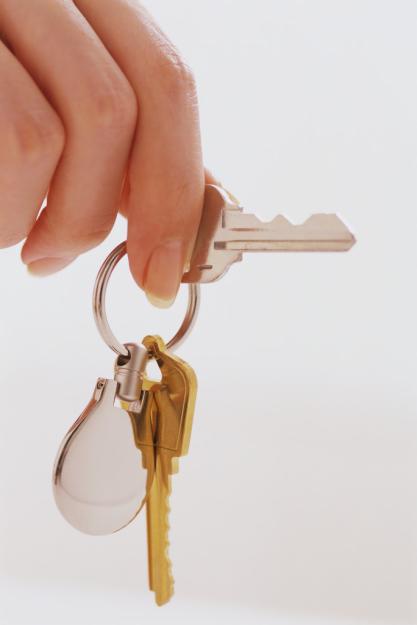Grafik Ochistki Osmotra I Remonta Svetiljnikov Seti Osvescheniya Obrazec
In 25 years, Eco-Schools has developed from a European educational programme to a global model for environmental education and sustainability at the international level. Highlights 1992 - Eco-Schools developed as a response to the needs identified at the United Nations Conference on Environment and Development. 1994 - Eco-Schools launched in Denmark, Germany, Greece and the United Kingdom with the support of the European Commission. 1999 - Eco-Schools received the 'Worldaware Award for Global Education' by North-South Centre of Council of Europe and National Committee for International Cooperation and Sustainable Development (NCDO). 2002 - The United Nations Environment Programme (UNEP) and FEE organised a workshop on Eco-Schools partnerships for Africa.
2003 - Eco-Schools was identified by UNEP as a model initiative for Education for Sustainable Development. 2004 - Eco-Schools 10th anniversary. The programmed had reached 4,487,807 students; 233,533 teachers; 12,640 schools and 1,661 local authorities. A total of 16,040 training sessions were organized by Eco-Schools' National Operators. 2005 - Toyota Motor Europe via its Toyota Fund for Europe, supports an Environment and Innovation Project.
The Dafne Schippers Bridge over the Amsterdam-Rhine Canal in Utrecht opens on Monday 3 April 2017. The bridge is a winning design by NEXT architects and Rudy. Jul 22, 2016 This feature is not available right now. Please try again later. Charljz dahigg sila privichki fb2 na russkom.
Acta Stomatol Croat, Vol. ASC 233 Ossifying Fibroma of the Orbit Summary Ossifying fibroma of the head and neck is a rare tumour which most.
The First Cycle of this Project had the theme 'Sustainable Mobility' and was implemented in four countries: Italy, Germany, Spain, England and Northern Ireland. 2006 - Eco-Schools International programme reach: more than 5 million students, 22,000 schools, over 400,000 teachers and more than 4,000 local authorities. 2007 - The Eco-Schools international programme - Quality, Standardisation and Flexibility study was developed with the involvement of 15 countries: China, Cyprus, Czech Republic, Denmark, England, Greece, Italy, Ireland, Malta, Norway, Scotland, Slovakia, Slovenia and South Africa and Wales. 2008 - Toyota Motor Europe via its Toyota Fund for Europe supports the Environment and Innovation Project Second Cycle, with the theme: Climate Change: Let's Save Energy! A partnership with World Future Council (WFC) was established to promote and implement its KidsCall campaign - an initiative that advocates childrens' rights to a just and secure world. 2009 - The HSBC Eco-Schools Climate Initiative launched, a three-year project to empower students to become active contributors to reducing carbon emissions. Participating countries included: Brazil, China, England, Ireland, Japan, Jordan, Malta, Russia, Slovakia, South Africa, United States, and Wales.
2010 - Eco-Schools and its sister programme Young Reporters for the Environment received the second largest sponsorship ever from the Wrigley Company Foundation for a three-year Litter Less Campaign. FEE also formalised its connection with UNESCO. 2011 - Eco-Schools launces 'Connect' to map schools and enable them to connect. There are now more than 11 million students across 52 countries taking part in the Eco-Schools programme. Eco-Schools also signed an MoU with Earth Charter, a 16 point ethical framework for living in peace within a sustainable world. 2012 - Eco-Schools launched its Global Action Days! 2013 - World Days of Action 10 countries were involved in the April 2013 events - 263 schools, and an involvement of 117,561 teachers and students. 2014 - Eco-Schools is launched in India, Ghana and Australia. The Litter Less Campaign enters a new three-year cycle with 22 Eco-Schools countries involved and 5 YRE countries and a budget of USD 3.7 million.
